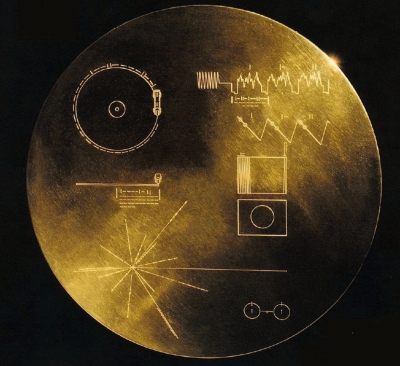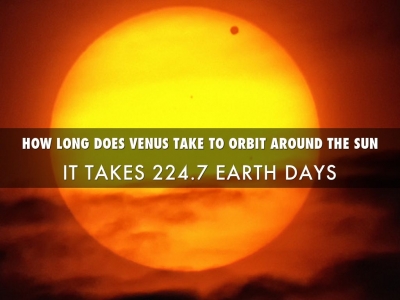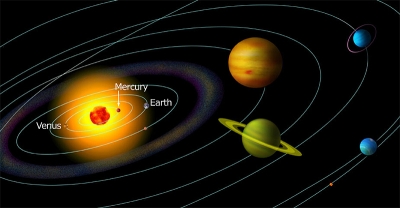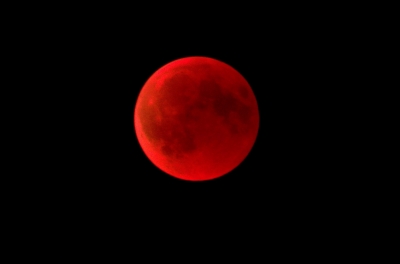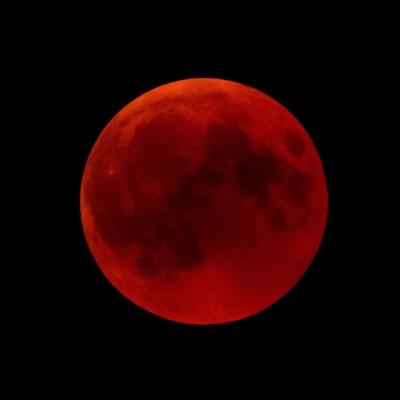Don't know who my real friends are

I have many friends, but when I'm with them, they neglect me. They make me feel like I'm different and don't share things with me. I'm fed up and I feel as if I don't know who my real friends are.
It appears that you're feeling quite frustrated and confused not knowing if the group you hang out with are your real friends. When you are together, you feel neglected by them. Looks like you want them to pay more attention to you in the group, and this is not happening.
Good friendships are founded on mutual respect and trust, which has to be first given to be received in return. It cannot be demanded or commanded. Respecting others means listening to each other without cutting each other off mid-sentence, acknowledging that something is important to a particular person without ridiculing them; expressing an interest in knowing about each other's interests/likes; taking turns at being the centre of attention; avoiding back-biting, keeping each other's information confidential, and more.
Reflect on what makes you feel this way? How do you react or respond? Since only you can manage your own behaviour, also reflect on whether your actions have contributed in any way to your situation. Do you give others adequate respect, listen attentively and maintain confidentiality? Most importantly, do you respect yourself enough? If not, it would help to first change your behaviour. If you do, and they still don't care enough about you, then perhaps they aren't your real friends.
Picture Credit : Google




